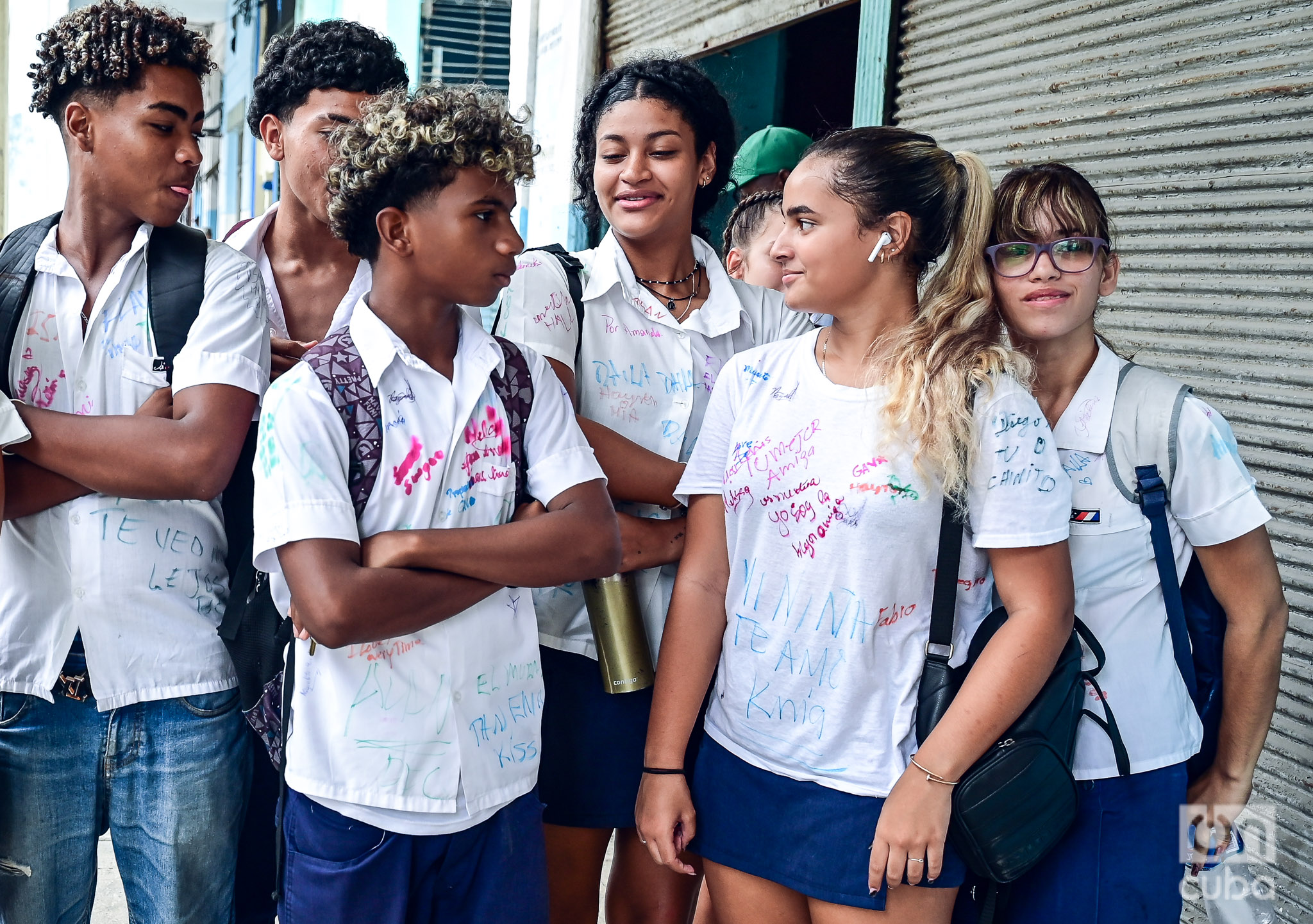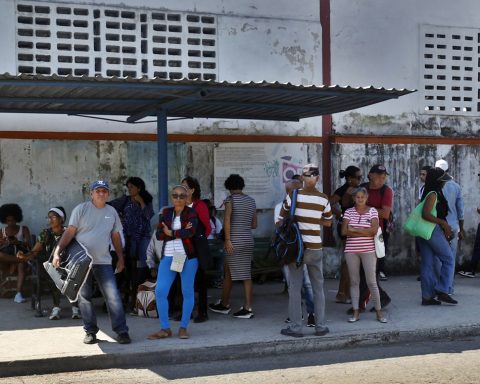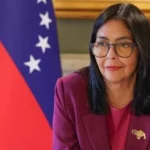Cuba will perform the seventh round of the multiple indicators survey by conglomerates (MICS), a program funded by the United Nations Children’s Fund (UNICEF)focused on the collection of information on childhood and adolescence, the organization reported on Wednesday.
The National Statistics and Information Office (ONEI) of the island will lead the implementation of the survey, which will begin next November, with a field work planned for about four months, according to UNICEF, which will also provide technical assistance.
The UNICEF representative in Cuba, Alejandra Trossero, explained that the survey is one of the most valuable tools to know the reality of childhood and adolescence in the Caribbean country.
“Thanks to their results, Cuban authorities and UNICEF have been able to design evidence -based strategies to guarantee their rights and improve their quality of life,” he said.
He also considered that in the midst of the demographic change that the island experiences, the realization of the MICS is “fundamental”, and therefore the Onei has all the support of UNICEF.
UNICEF proposal reaches Cuban teenagers in “vulnerability situations”
Cuba faces an accelerated aging of its population, with a strong migratory exodus and low birth rate. Currently for every thousand people from 0 to 14 years, there are 1511 of 60 years or more, according to official data.
For her part, the head of the Onei, Juana María Pantoja, said that the MICS “is not a survey like the rest, has its peculiarities and, despite being a complex task, it was time to assume it.”
He also stressed that the exercise will allow to have disaggregated and reliable information for monitoring the 2030 Agenda objectives.
This international household surveys program has been implemented in more than 120 countries and, to date, six rounds have been carried out in Cuba since the first, in 2000.
MICS measure key indicators that allow nations to generate data to be used in national development policies, programs and plans, said UNICEF.
They also supervise progress towards the Sustainable Development Goals (SDGs) and other commitments agreed worldwide.

















